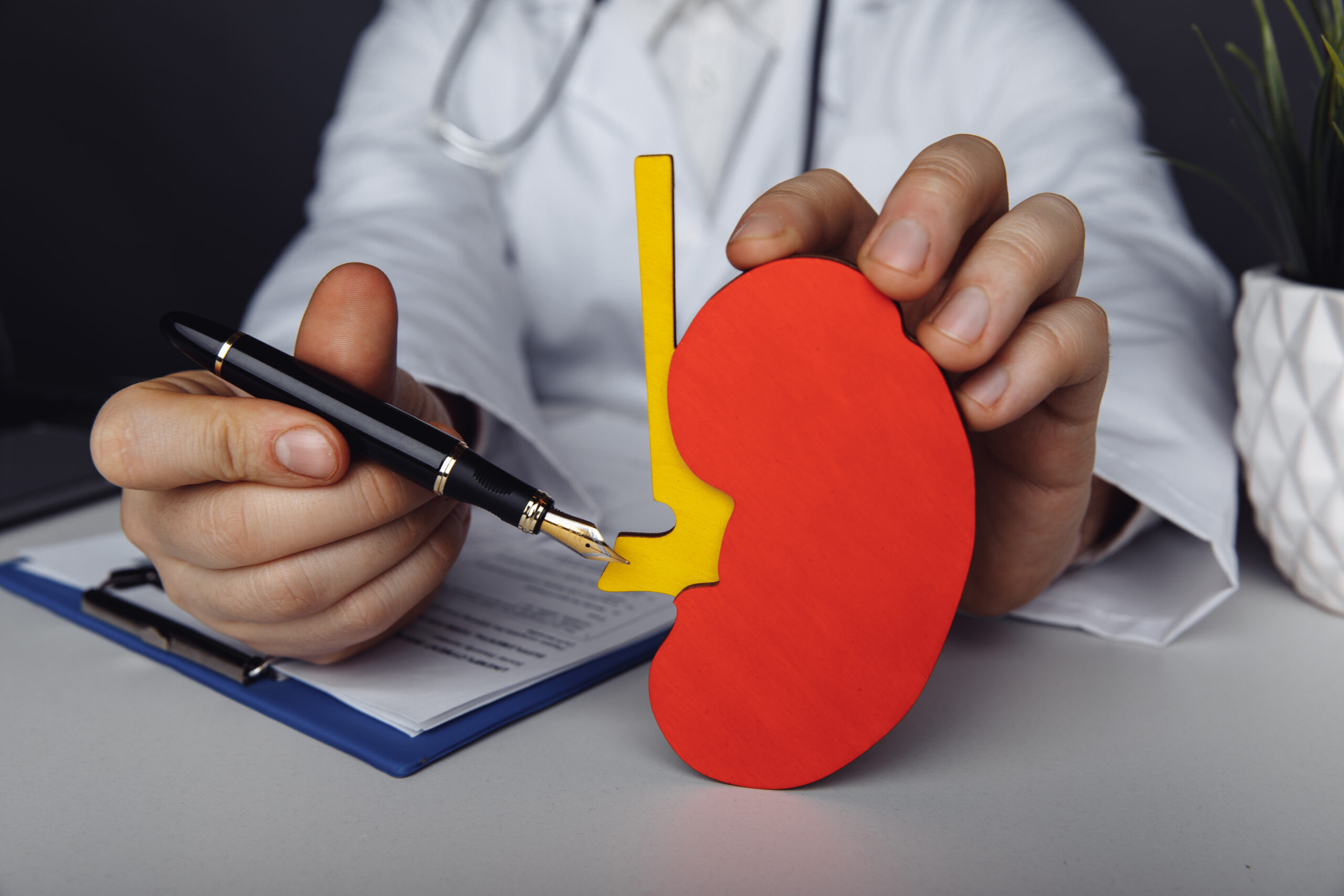What Is a Renal Cyst?
A renal cyst is a fluid-filled sac that forms in the kidney. Most often, these cysts are simple and harmless. However, some can cause problems if they grow or become infected. Renal cysts are common, especially as people get older. In many cases, people do not notice any symptoms. Still, it is important to know about renal cysts, their symptoms, and treatment options. Understanding kidney cyst symptoms can help you seek care early.
Common Symptoms of Renal Cysts
Many people with renal cysts do not have symptoms. However, some may notice signs if the cyst grows large or causes problems. For example, you might feel pain in your side or back. Sometimes, blood appears in the urine. In rare cases, you may get a fever if the cyst becomes infected. Watch for these common symptoms:
If you notice any of these kidney cyst symptoms, it is wise to talk to your doctor.
Causes and Risk Factors
Doctors do not always know why renal cysts form. However, age is a major risk factor. As people get older, their risk increases. In addition, men are more likely to develop renal cysts than women. There are also some rare genetic conditions, such as polycystic kidney disease, that can cause many cysts to form. Other risk factors include:
While most cysts are not dangerous, knowing your risk can help you stay alert.
How Renal Cysts Are Diagnosed
Often, doctors find renal cysts by accident during tests for other reasons. For instance, an ultrasound or CT scan can show a cyst in the kidney. If you have symptoms, your doctor may order these tests to check for cysts:
After finding a cyst, your doctor will decide if it needs treatment or just monitoring.
Treatment Options for Renal Cysts
Most simple renal cysts do not need treatment. Instead, doctors may watch them with regular scans. However, if a cyst causes pain, infection, or other problems, treatment may be needed. Common renal cyst treatment options include:
Your doctor will choose the best treatment based on your symptoms and test results.
Lifestyle Tips and Prevention Strategies
While you cannot always prevent renal cysts, healthy habits may lower your risk. For example, drinking enough water can help keep your kidneys healthy. In addition, managing blood pressure is important. Here are some tips on how to prevent renal cysts and support kidney health:
These steps can help you maintain healthy kidneys and may reduce your risk of kidney cysts.
When to See a Doctor
It is important to know when to seek medical help. If you have pain in your side, blood in your urine, or a fever, see a doctor. Also, if you have a family history of kidney cysts or kidney disease, regular check-ups are wise. Early diagnosis can help prevent problems and guide treatment.
Conclusion
Renal cysts are common and often harmless. However, knowing the symptoms and risk factors can help you stay healthy. If you notice any signs or have concerns about kidney cyst symptoms, do not wait. Consult a nephrologist for personalized advice on renal cysts.

